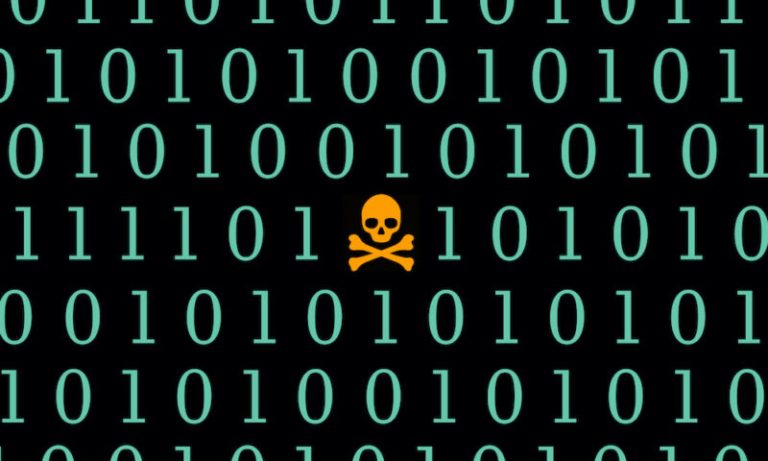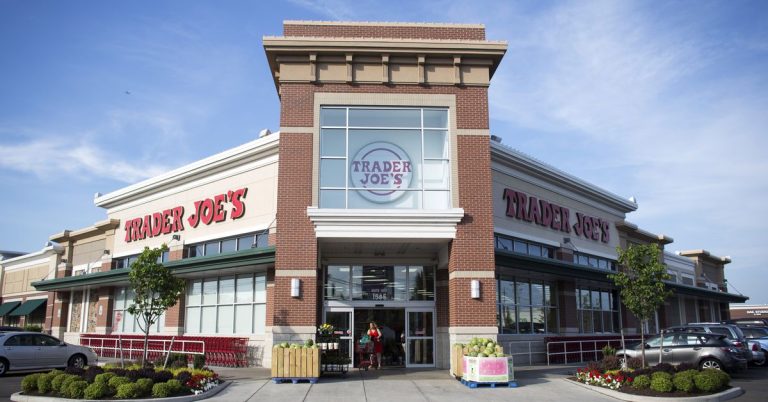
reader comments
76 with 0 posters participating
For years, the cryptocurrency economy has been rife with black market sales, theft, ransomware, and money laundering—despite the strange fact that in that economy, practically every transaction is written into a blockchain’s permanent, unchangeable ledger. But new evidence suggests that years of advancements in blockchain tracing and crackdowns on that illicit underworld may be having an effect—if not reducing the overall volume of crime, then at least cutting down on the number of laundering outlets, leaving the crypto black market with fewer options to cash out its proceeds than it’s had in a decade.
In a portion of its annual crime report focused on money laundering that was published today, cryptocurrency-tracing firm Chainalysis points to a new consolidation in crypto criminal cash-out services over the past year. It counted just 915 of those services used in 2022, the fewest it’s seen since 2012 and the latest sign of a steady drop-off in the number of those services since 2018. Chainalysis says an even smaller number of exchanges now enable the money-laundering trade of cryptocurrency for actual dollars, euros, and yen: It found that just five cryptocurrency exchanges now handle nearly 68 percent of all black market cash-outs.

In fact, Chainalysis saw just 542 cryptocurrency deposit addresses receive more than half of the $6.3 billion in total illicit funds it tracked to those cash-out services in 2022, and just four addresses received $1.1 billion of those funds.
criminal use of cryptocurrency increased last year despite the steep decline in cryptocurrency exchange rates. But those numbers include a huge spike in illegal transactions at sanctioned cryptocurrency exchanges—which may have less to do with a rise in crime than with the US Treasury’s Office of Foreign Asset Control (OFAC) increasingly imposing those sanctions on major players in the crypto underground. In April of last year, for instance, OFAC sanctioned Garantex, an exchange based in Russia that it says laundered over $100 million in criminal proceeds, including ransomware payments. The year before, it sanctioned two other Russian exchanges, Chatex and Suex, which have since gone out of business. And just last week, OFAC sanctioned another exchange, Bitzlato, and the Justice Department indicted its Russian founder, Anatoly Legkodymov, and tore his operation offline.






